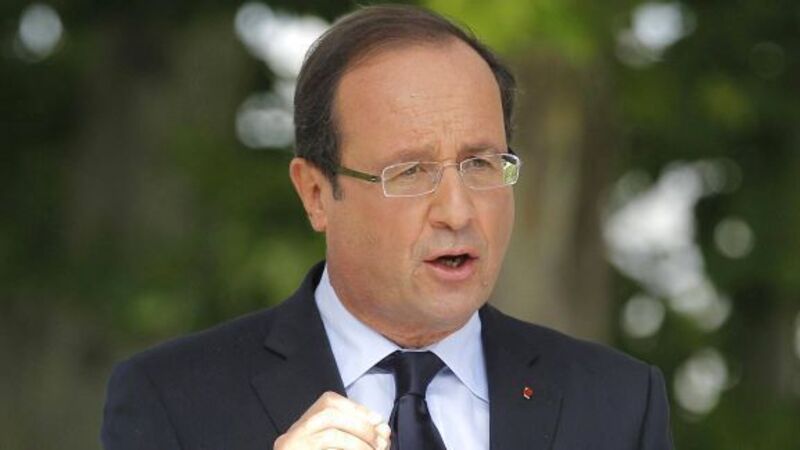Hollande changes tack to tackle deficit

Ten days after his Jan 14 announcement, it is not clear how and when he will pull off the public spending and tax cuts at the heart of the plan. It is also uncertain whether French business will play ball with his goal of cutting unemployment.
Moreover, the new determination to cut taxes opens a whole new Pandora’s box: The question of whether Paris will bring its public deficit into line with EU targets next year as promised.
















